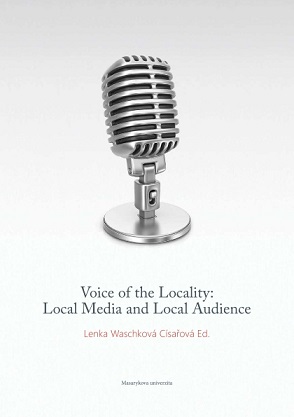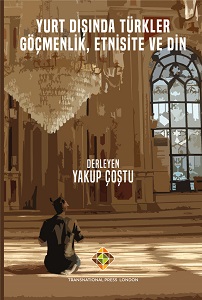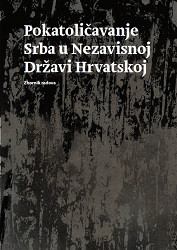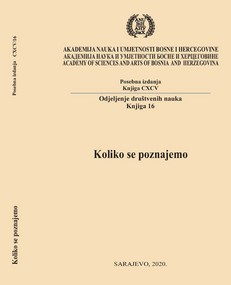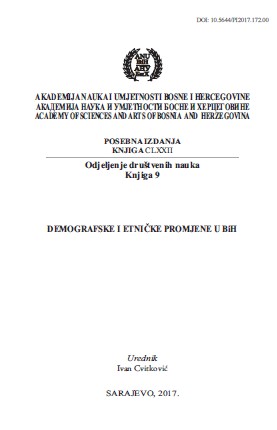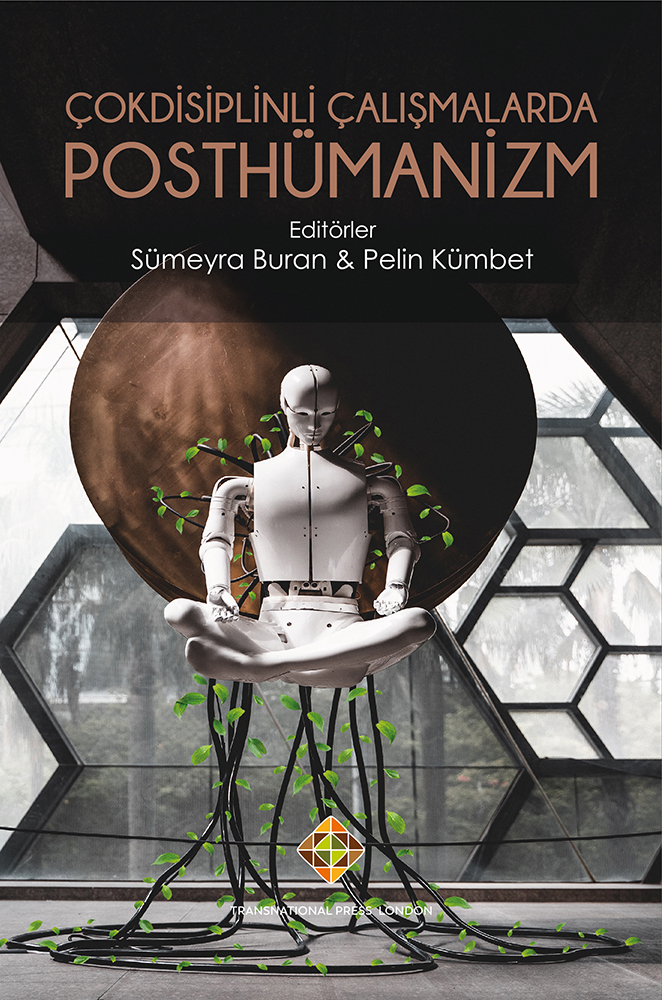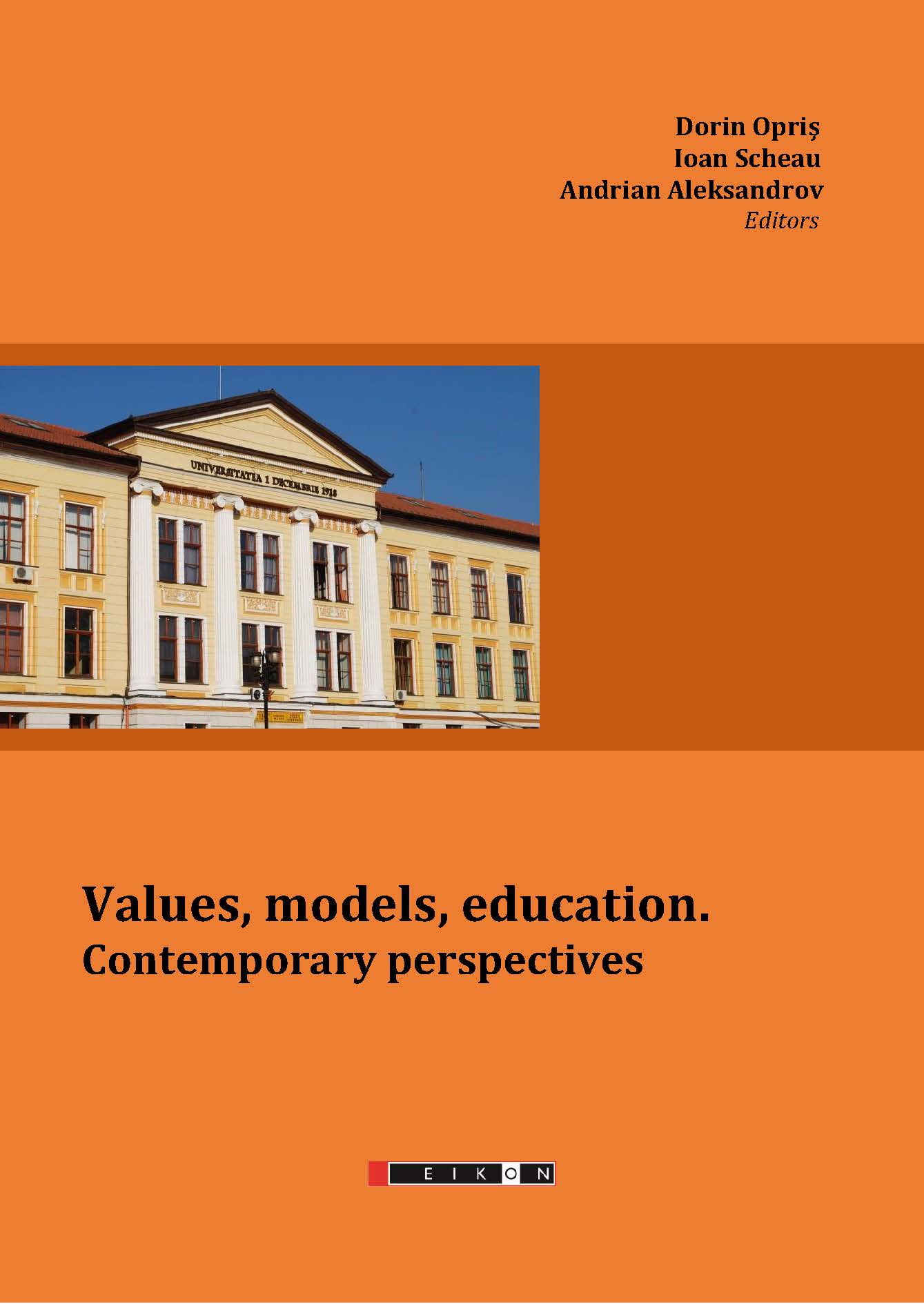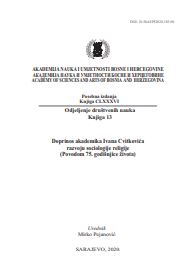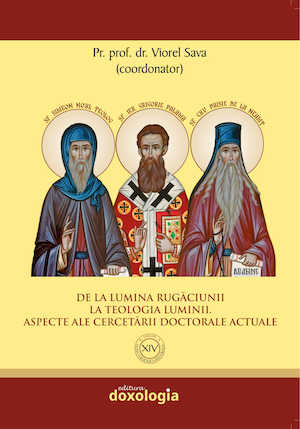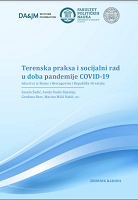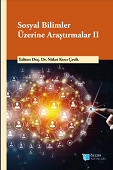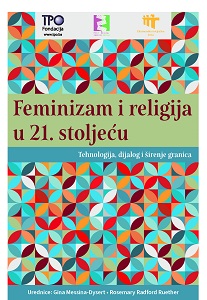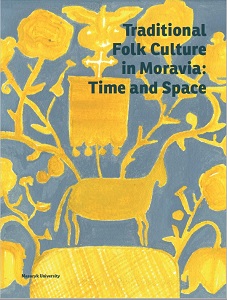
Regulation of Religious Behavior of Rural Residents
The religious rituals of rural residents were a realm that other social classes tried to influence, often successfully. The attempts to influence these rituals were a result of differing religious affiliations and the historical transformations of particular churches. The forms of Holy Mass and the behaviors on certain feast days depended on the religious affiliation. Rural residents were not free to choose their religion; in fact, they often were forced to change their religion during periods of reformation and recatholicization. In addition, individual churches underwent complex developments during that period.
More...
